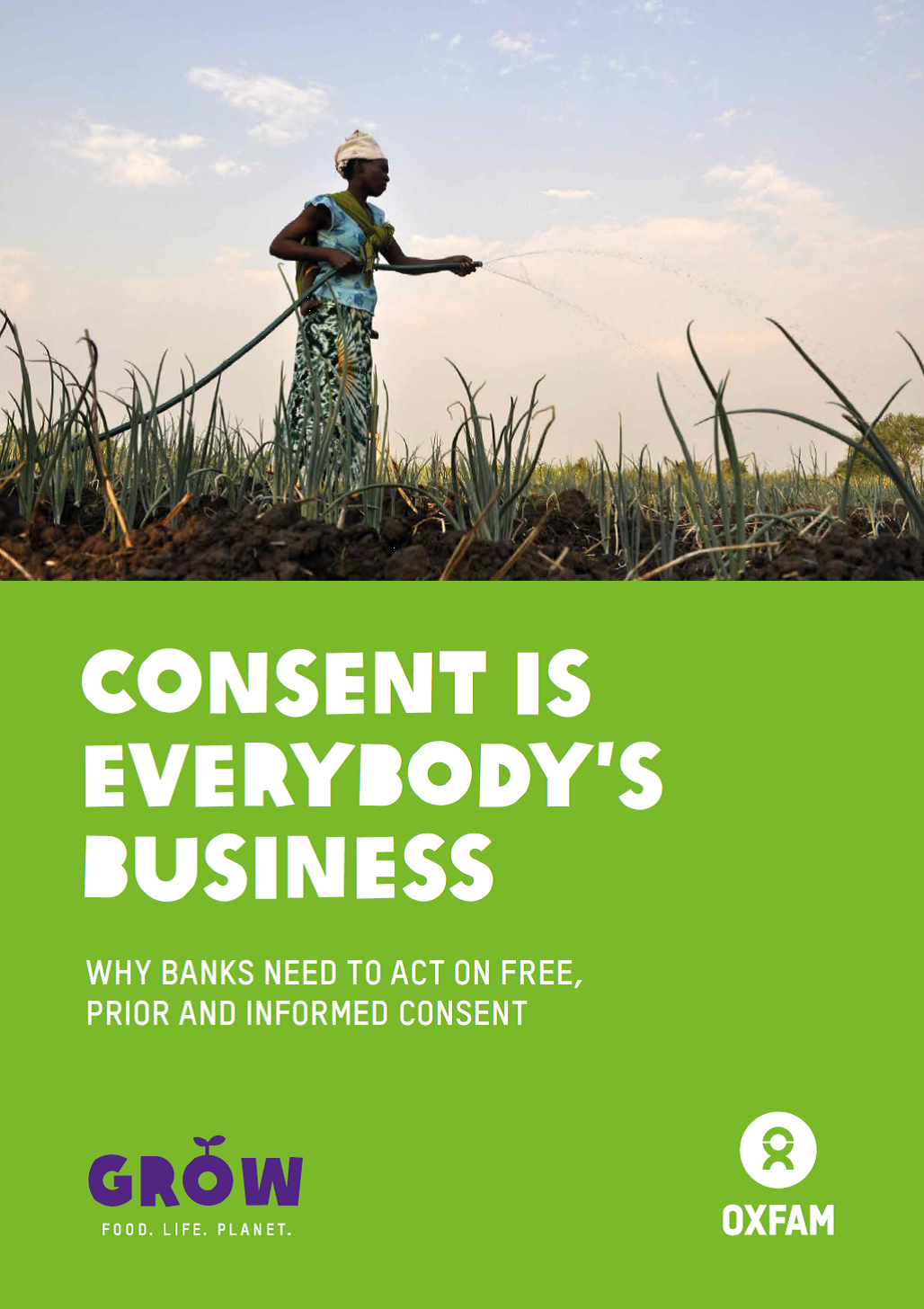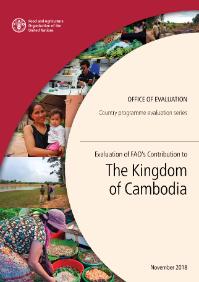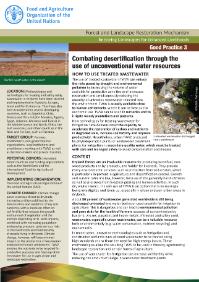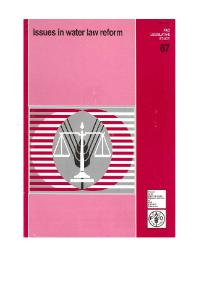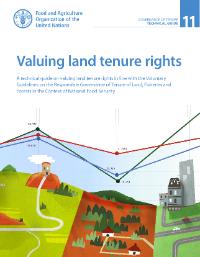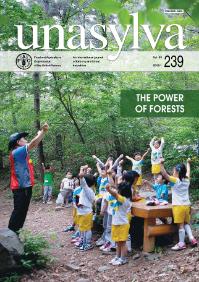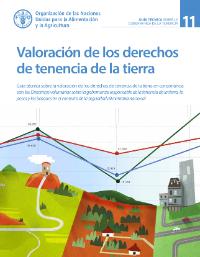A community’s choice to give, or withhold, their free, prior and informed consent (FPIC) to a project or activity planned to take place on their land is a recognized right of Indigenous peoples under international law. It is also a best practice principle that applies to all communities affected…
Land Registration: Global Practices and Lessons for India has been authored by B. K. Agarwal, having extensive knowledge and first-hand experience in land administration. It contains a comparative analysis of land registration systems of Germany, UK, Australia, USA, France, and the Netherlands…
Agriculture around the world is one of the industries most affected by, and faced with responsibility to mitigate, climate change. Through improvements in technology and efficiency as well as changes to land use management, agriculture can make an important contribution to meeting global…
Evaluation of FAO’s Contribution to Cambodia. Although Cambodia is rapidly transitioning to a more industrialised economy, the country is still among the poorest in Southeast Asia, and the risk of sliding back into poverty remains high, especially for rural households. The goal of FAO’s…
A data-based method to distinguish climate and land use change impacts on streamflow has been previously developed and needs further evaluation through a large sample study. This study aims to apply the method to a large sample set of 472 catchments in the United States and Australia. The method…
This document describes combating desertification through the use of unconventional water resources.
This publication contains the papers presented at the Expert Consultation on Issues in Water Law Reform, convened by FAO in Pretoria, Republic of South Africa, 3 to 5 June 1997. The Expert Consultation was the first activity under, and served as a launch for, the FAO-funded and -executed project…
The Food and Agriculture Organization of the United Nations (FAO) has developed a series of Technical Guides to elaborate and provide more detailed guidance on thematic areas contained within the Guidelines. As part of this series, this Technical Guide covers the issues associated with the…
L’objectif du présent rapport est d’offrir un cadre conceptuel permettant de faire face aux problèmes de sécurité alimentaire dans une situation de pénurie d’eau pour l’agriculture. Il a été préparé par une équipe de spécialistes de la FAO et de consultants dans le cadre du projet «…
This report aims to provide a conceptual framework to address food security under conditions of water scarcity in agriculture. It has been prepared by a team of FAO staff and consultants in the framework of the project `Coping with water scarcity: the role of agriculture?, and has been discussed…
This edition of Unasylva comes in the wake of the United Nations Conference on Sustainable Development, Rio+20,which, among other things, produced a document called The Future We Want. In it, world leaders renewed their commitment to sustainable development and stated that “the wide range of…
El Estado y el sector privado requieren la valoración de los derechos de tenencia por una amplia gama de motivos, a menudo fundamentando y sentando las bases de las transacciones, la tributación, la compensación y la contabilidad. Si bien el valor y el proceso de valoración tienen repercusiones…

